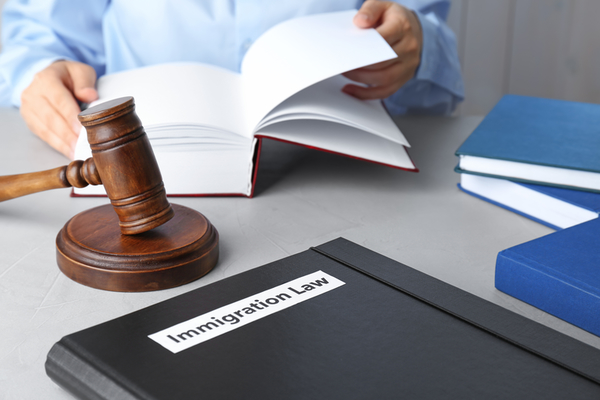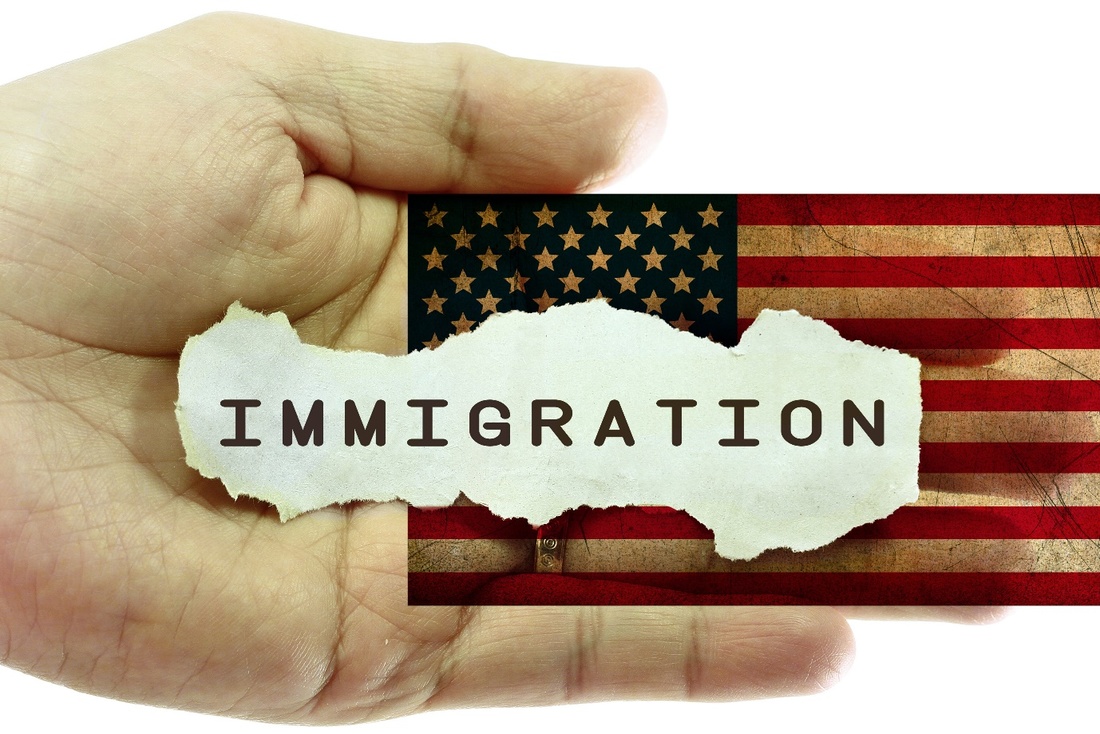
President Biden is sending a bill to Congress daily one to restore humanity and American values into our immigration system. The bill offers hardworking men and women who enhance our communities daily and who've lived here for decades, in some cases for years, a chance to make citizenship. The laws modernize our immigration system and prioritize keeping families together, developing our market, intelligently handling the boundary with intelligent investments, fixing the root causes of migration in Central America, also ensuring the USA remains a sanctuary for people fleeing persecution. The invoice will stimulate our economy whilst ensuring that each employee is protected. The bill creates an earned route to citizenship because of our civic neighbors, coworkers, parishioners, community leaders, friends, and loved ones--such as Dreamers and the vital employees who've risked their own lives to serve and protect American communities.
PROVIDE PATHWAYS TO CITIZENSHIP & STRENGTHENING LABOR PROTECTIONS
Shield employees from misuse and enhance the employment verification procedure. The bill requires that DHS and the Department of Labor set a commission between labor, employer, and civil rights organizations to create recommendations for enhancing the employment verification procedure. Employees who suffer severe labor violations and collaborate with employee protection bureaus will be granted higher access to U bail aid. The bill protects employees that are victims of workplace retaliation from deportation to permit labor bureaus to interview these employees.

PRIORITIZE SMART BORDER CONTROLS
ADDRESS ROOT CAUSES OF MIGRATION
